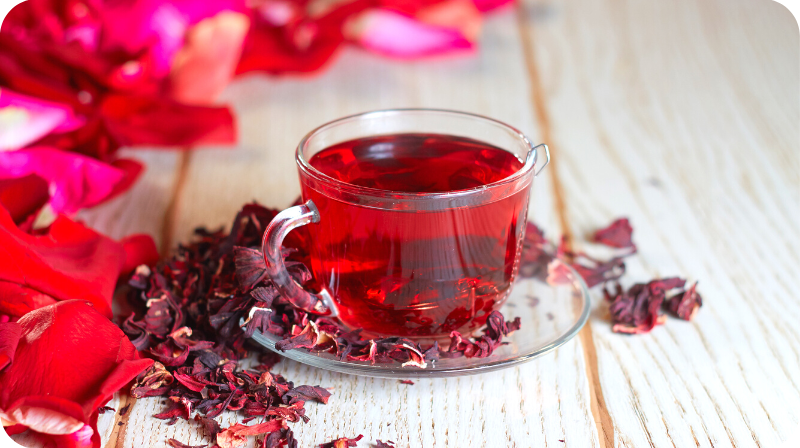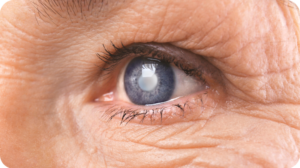Research concluded last year indicates that the compound gossypetin found in hibiscus tea may prevent Alzheimer’s disease. Gossypetin is a flavonoid, one of a group of compounds that give plants their flavors and colors. Researchers conducting the study, funded by the pharmaceutical company NovaMetaPharma Co., found that the compound effectively reversed dementia in mice when administered in large doses.

The flavonoid appears to remove the brain protein and plaque buildup associated with the progression of Alzheimer’s. Hibiscus tea is also a known anti-inflammatory, essential in the fight against a disease that causes chronic brain inflammation, damaging essential nerve cells.
Delicious Good Health
Like green tea, hibiscus is increasingly being touted by researchers and alternative medical professionals as a wonder supplement that provides a number of health benefits. These have been well chronicled.
- Anti-inflammatory. A number of both human and animal studies have documented the tea’s anti-inflammatory properties. This is essential not only in fighting Alzheimer’s, but in protecting against serious diseases including cancer and heart disease.
- Immune system booster. A rich source of antioxidants, hibiscus tea is acknowledged as an excellent aid in strengthening the immune system. The tea’s anti-inflammatory properties aids in this benefit.
- Alzheimer’s fighter. Researchers believe that gossypetin activates microglia, an immune cell in the brain that can remove the protein deposits that form the plaque associated with Alzheimer’s. The mice in the study showed marked decrease of brain tissue markers indicating the presence of the destructive protein. The mice also exhibited improved memory and cognitive function.
Although not conclusive, the research is a definitive step toward a drug that might one day reverse Alzheimer’s, actually restoring memory and cognitive function. In the meantime, drinking one to two mugs of hibiscus tea a day can be a delicious way to give your brain a fighting chance against dementia and other health concerns.
However, one caveat: ingesting extremely high amounts of hibiscus tea may cause liver damage. Some individuals may also have an allergic reaction to the tea. Try a small cup before making it a part of your diet. To keep abreast of future developments in the fight against Alzheimer’s, regularly check out the Alzheimer’s Association website.







